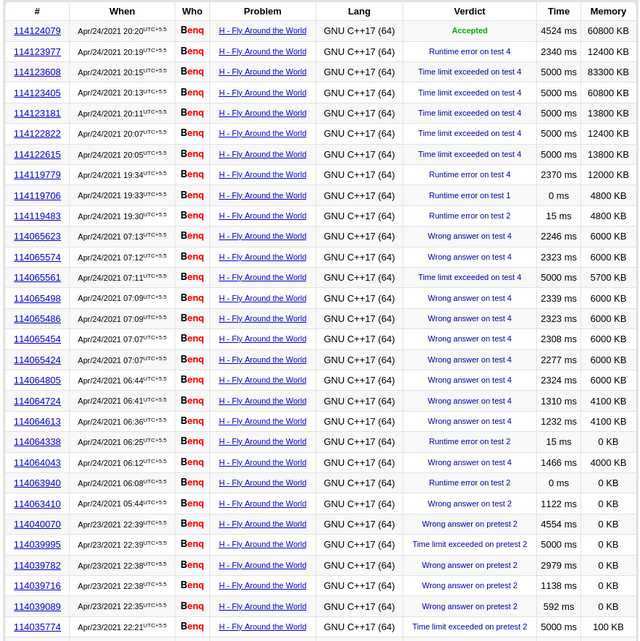codeforces EDU has a collection of really great and educational problems. But I have a question, whether it would be fair to publish editorial for the problems in EDU section ?
On one hand it has contest like environment ( for example hiding system tests etc. ). This means, it can potentially be treated as publishing editorial/solution for an ongoing contest.
On the other hand, it also has a practice like environment ( for example, the different solution approaches are discussed in the comments). In that case it should not be a problem to publish editorials. CSES problems can be a good example here, it's editorial is readily available on codeforces.
So, I would like to know your opinion about this.











